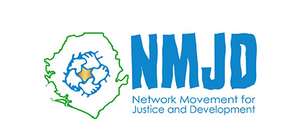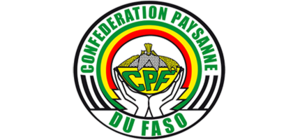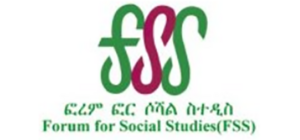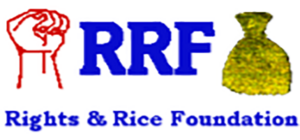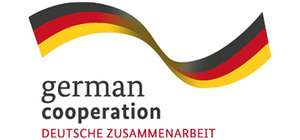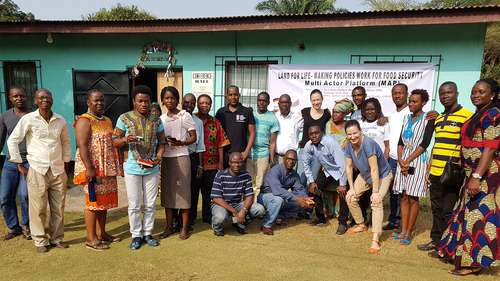In autumn 2018, a new law on land rights was passed in Liberia, strengthening the rights of people in rural areas to access and use land.
The law not only benefited agricultural workers and subsistence farmers, it also represented a success for civil society in Liberia. An alliance of more than 30 organizations in the “Civil Society Organization Working Group on Land Rights Reform in Liberia” watched over the land reform process and helped to shape it through discussions with decision-makers. Almost all their demands were reflected in the new law. Welthungerhilfe (WHH) supported the alliance through the “Land for Life” project.
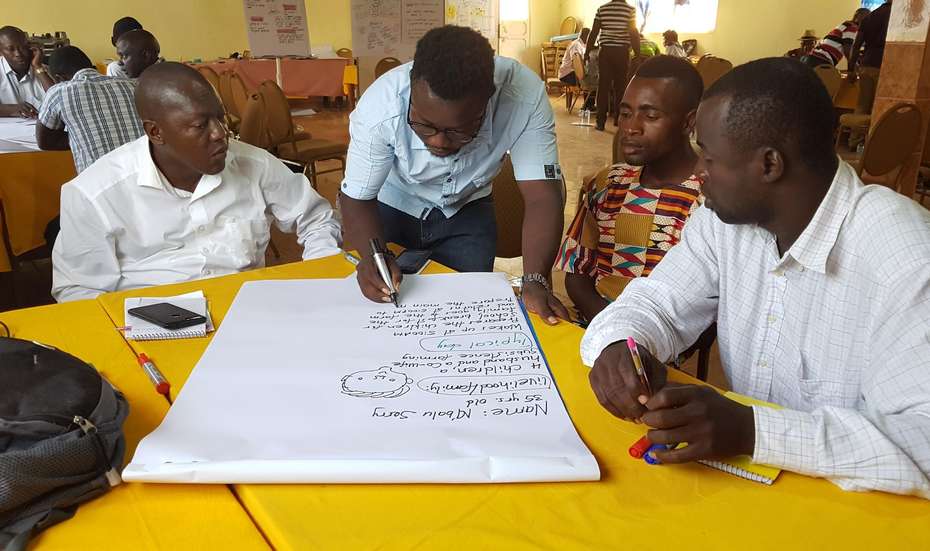
Multi-actor Partnerships (MAPs)
The MAP is a form of cooperation where:
- actors come together from at least three different sectors
- members work together on an equal footing
- work is conducted in an organized manner
- the aim is to find a long-term solution geared to the common good
There is an urgent need for more investment in farming and rural development. However, not all investments are effective in combating hunger and poverty. In fact studies by WHH have also shown that the livelihoods and food and nutrition security of local populations can be harmed by large-scale agricultural investments from international companies. The human right to food is under threat.
Designing policy for food and nutrition security
This was the starting point for the WHH project, “Land for Life: Supporting Multi-actor Partnerships Working on Land Governance”. WHH works with partners in Ethiopia, Burkina Faso, Liberia, Sierra Leone and Germany to support platforms that bring all relevant actors to the table for dialogue: civil society groups, political decision-makers and investors. The aim of the multi-actor partnerships (MAPs) is to formulate and implement strategies for land ownership and responsible agricultural investments that are in line with international standards, particularly when it comes to implementing the human right to food.
How “Land for Life” offers support in Ethiopia, Burkina Faso, Liberia and Sierra Leone
- It helps relevant actors to build or strengthen multi-actor partnerships on land governance.
- It organizes dialogue events on land governance and responsible investments in agriculture.
- It provides training for organizations in multi-actor processes and also delivers needs-oriented training.
- It maps actors and produces surveys on land governance and agricultural investments. It builds the capacity of organizations to increase their specialist knowledge and constructively represent their interests.
- It promotes civil-society advocacy strategies for land rights and responsible agricultural investments.
Partners of the project "Land for Life"
Network Movement for Justice and Development (NMJD), Sierra Leone
Since 2018, the “Land for Life” initiative has been supported by a consortium of six experienced civil society organizations that work on issues such as land use, justice, the right to food, and conflict resolution. The lead partner is the Network Movement for Justice and Development (NMJD), a human rights-oriented civil society organization for advocacy and development.
Confédération Paysanne du Faso (CPF), Burkina Faso
The Confédération Paysanne du Faso, founded in 2002, is a non-denominational and non-partisan confederation which represents 15 member organizations. The CPF works to secure the land rights of small-scale farmers.
Forum for Social Studies (FSS), Ethiopia
Founded in 1998 by a group of scientists and activists, the Forum for Social Studies is a non-governmental, non-profit institution that carries out political research and promotes informed public debate on a wide range of development issues. Since the FSS was founded, the political economy of geographical/agricultural science has been one of the focuses of its program for research and dialogue.
Rights & Rice Foundation, Liberia
The Rights & Rice Foundation is a non-governmental organization that aims to promote social justice and strengthen community. The RRF works in the field of governance, including the governance of land and natural resources. It is one of the organizers of the national CSO working group for land rights reform in Liberia, a coalition of more than 18 civil society organizations (CSOs).
Welthungerhilfe, Germany
WHH is one of the largest private aid organizations in Germany and has no political or religious affiliations. You can find out more about the organization and its network by following this link.
